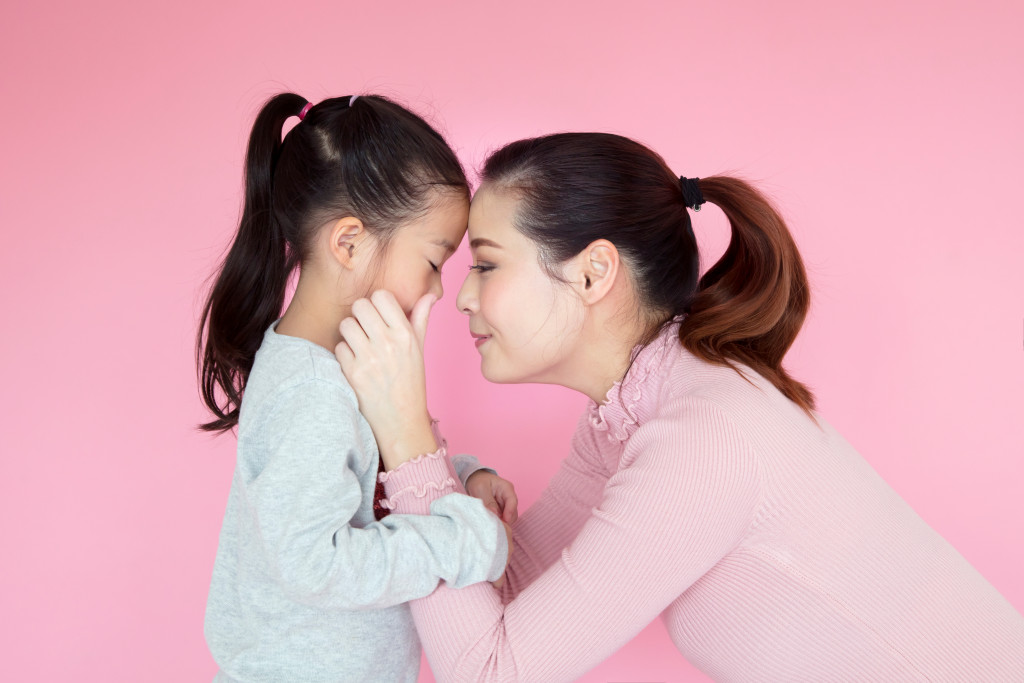It’s not easy to have a successful, joyous, lively family life these days. No surprise there: The National Council for Behavioral Health reported that 70% of adults in the United States had experienced a traumatic event at least once in their lives. A COVID response tracking study found that Americans are the unhappiest they’ve ever been in 5 decades, with only 14% of adults saying they’re happy.
There are so many overwhelmingly bad things happening in the world that it can get in the way of us having the capacity for healthy relationships. Whether it’s trauma at a personal level or a collective one like going through a pandemic and a recession, it feels like trying to connect with family feels impossible. For some, it can feel awkward or unnatural.
But we need our family now more than ever, especially in a time of intermittent lockdowns and strict stay-at-home orders. Whether you’re a newlywed who dreams of raising happy and healthy kids, or an old-timer who wants to re-connect with your children, parents, or siblings, we hope these pointers can help you get started. Here are some science-backed tips for fostering strong bonds, raising happy children, and building a successful family life.
Location, location, location
Unsurprisingly, where you choose to live can influence how successful and happy your family would be. A study showed that people who are satisfied with their town, neighborhood, or community life are more likely to be satisfied with their home life. There is also growing evidence that kids who grow up in green spaces have better mental health and grow up happier.
Before you buy a land or property, make sure to do your due diligence: Study the neighborhood and its culture, do a thorough land surveying to see if there’s enough space for kids to play in, check if it’s a community you want you and your family to be a part of. Your family’s happiness might depend on it.
Build a loving and nurturing relationship
There is a world of resources and knowledge on attachment theory and how it impacts people. It’s simply the theory that a child’s bond with their parents will influence and inform how they will view their adult relationships. Some examples include:
- If they feel neglected or abandoned growing up, there’s a good chance they will project the fear of being abandoned onto their adult relationships.
- If their parents continually reject them, they might grow up being afraid of rejection and will keep on performing until others accept them.
Suppose you want a successful and happy family, partner with your spouse in building a loving and nurturing relationship with your kids. Having a genuine connection with your kids can go a long way in helping them become mature, happy adults. If they grow up knowing they are deeply loved at home, then they will not chase after the wrong people or try to find love and acceptance in all the wrong places. Knowing mom and dad have their back will teach them that they have a haven when the world gets to be too much or when they fail.
Communicate openly
2020 has been an intense year across the board. If you’re stressed or overwhelmed, it’s likely your kids are too. They’re being forced to grow up in a world they don’t recognize. Openly communicating with your kids can help reduce their anxiety and help them navigate this new normal better.
Here are some benefits of openly communicating with your children:
- Better relationship. As stated in the point above, a healthy relationship with parents is foundational to a child’s overall happiness and well-being, and open communication is key to any successful relationship.
- Effective discipline. If you’re able to explain why they’re being punished for something wrong that they did, they would most likely stop that behavior. And if you have a good relationship with them, they would know that your discipline and correction are coming from a place of love, not rage or punishment.
- Promotes problem-solving. There is no such thing as a perfectly conflict-free family. At some point, you and your kids might reach an impasse in your relationship. If you’re able to communicate with your child effectively, you might be able to reach a solution that is agreeable to all parties. It would teach them how to handle conflict healthily, as well. They would also grow up thinking that they can come to you with problems they might encounter in the future.
Fight for Your Family
There is no replacing your role in your family. No matter how hard times are, don’t check out. Fight for your family’s happiness and your own by fostering genuine and loving connections.





